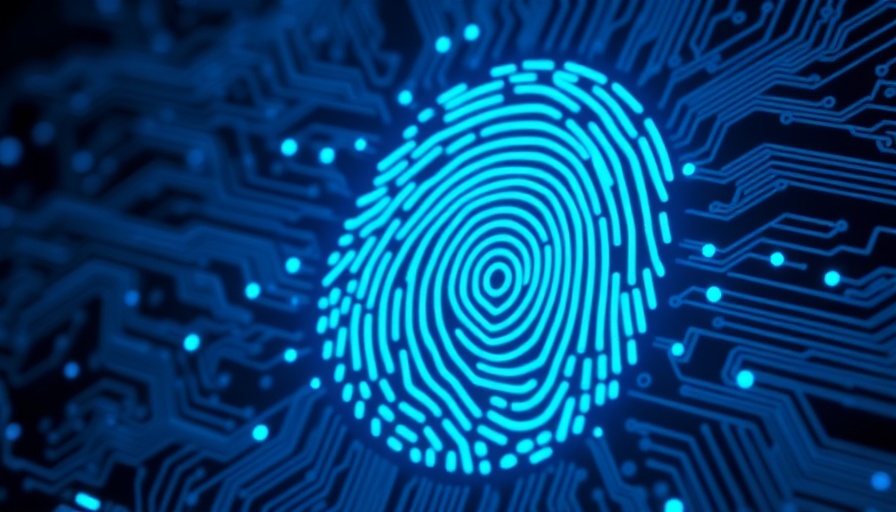
New Standards Aim to Enhance Air Travel Security
Starting May 7, U.S. residents are required to present a REAL ID-compliant license, passport, or another federally approved form of identification for domestic air travel. This significant shift stems from the REAL ID Act of 2005, which was enacted to bolster national security following the tragic events of September 11. The necessity for stricter ID verification has stirred a myriad of responses, igniting a robust debate about privacy and the evolving landscape of personal freedoms.
Contextualizing the REAL ID Act
The REAL ID Act was designed to ensure that ID verification processes meet certain standards. Each state is now expected to confirm applicants' identities comprehensively, which includes verifying citizenship through birth certificates, Social Security numbers, and residency documentation. While the intentions behind the Act are clear—enhanced security in our airports and federal facilities—the implementation has encountered significant pushback, primarily regarding operational costs and potential invasions of privacy.
The Balancing Act: Security vs. Privacy
On one side of the aisle, proponents argue that these measures are vital to safeguarding travelers and the nation at large. Conversely, critics express concern over government overreach, citing the potential for increased surveillance and the erosion of personal freedom. For many, obtaining a compliant ID not only incurs a fee ranging from $20 to $50 but also involves a cumbersome bureaucratic process that may deter less affluent individuals from traveling freely.
Implications for Everyday Citizens
The immediate impact of these laws appears to favor compliance over resistance, as travelers adapt to the requirements. However, this shift raises larger questions about accessibility and the general ethos surrounding governmental regulations. Society finds itself at a crossroads, where the quest for safety must be weighed against the fundamentals of freedom: Are we sacrificing personal privacy for perceived security? How do we navigate this terrain without compromising our values?
Actionable Insights: Preparing for Travel in This New Landscape
As these changes take effect, it is essential for travelers to prepare adequately by ensuring they possess the appropriate identification. Further, citizens must engage in discussions about the implications of these requirements, as participation is crucial in shaping future policies that respect both liberty and security.
The conversations sparked by the REAL ID requirements serve not just as a catalyst for change but also as a reminder of the importance of voicing our opinions and fighting for a balance that respects individual rights.
 Add Row
Add Row  Add
Add 




 Add Row
Add Row  Add
Add 



Write A Comment